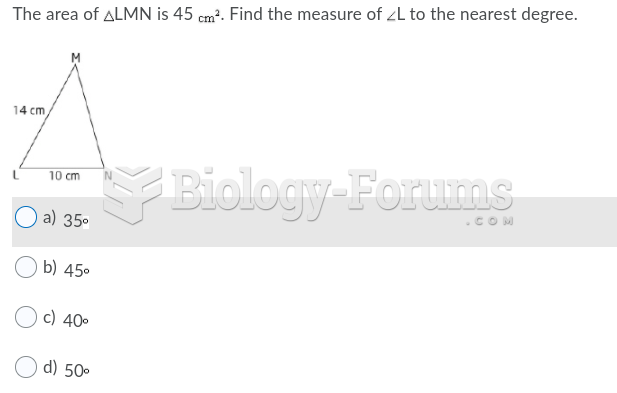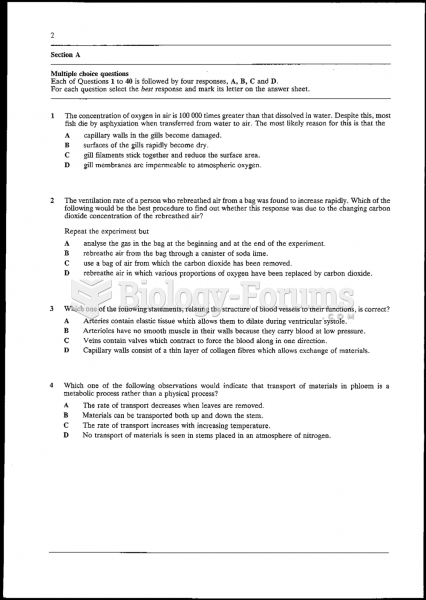Answer to Question 1
The chronological rsum is the traditional organizational format for rsums. Two headings normally appear in the portion that presents qualifications: Education and Experience.. Which one should appear first? Decide which one you think is more impressive to the employer, and put that one first. Within each section, the most recent information is presented first. Reverse chronological order is easier to use and is more common than functional order; however, it is not always more effective.
The chronological rsum is an especially effective format for applicant's who have progressed up a clearly defined career ladder and want to move up another rung. Because the format emphasizes dates and job titles, the chronological rsum is less effective for applicant's who have gaps in their work histories, are seeking jobs different from the job currently held, or are just entering the job market with little or no experience.
In a functional rsum, points of primary interest to employerstransferab le skillsappear in major headings. These headings highlight what an applicant can do for the employerfunctions that the applicant can perform well. Under eachheading, an applicant could draw from educational and/or work-related experience to provide supporting evidence.
A functional rsum requires a complete analysis of self, career, and the job sought. Suppose, for example, that a person seeking a job as an assistant hospital administrator wants to emphasize qualifications by placing them in major headings. From the hospital's advertisement of the job and from accumulated job appraisal information, an applicant sees this job as both an administrative and a public-relations job. The job requires skill in communicating and knowledge of accounting and finance. Thus, headings in the Qualifications section of the rsum could be Administration, Public Relations, Communication, and Budgeting. Under Public Relations, for example, an applicant could reveal that a public relations course was taken at a state university, from which a degree is to be conferred in May, and that a sales job at ABC Store provided abundant opportunity to apply principles learned. With other headings receiving similar treatment, the qualifications portion reveals the significant aspects ofeducation and experience.
Answer to Question 2
T







